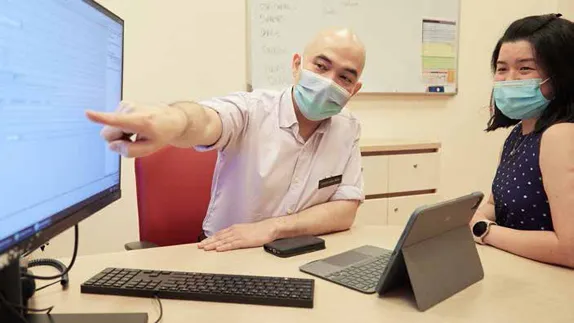
SGH boosts AI to improve accuracy in calculating surgical risks
CARES-ML has determined accurate scheduling for patient surgeries since June 2023.
As a measure for more accurate, lower-risk operations, Singapore General Hospital (SGH) introduced an intelligent calculator known as CARES-ML (Combined Assessment of Risk Encountered in Surgery – Machine Learning) for its surgeries, starting from June 2023.
The CARES-ML is an improved version of its earlier version, CARES, introduced in 2017, which uses AI to gather and process data from 100,000 SGH patients.
On scheduling surgeries, tests and investigations are mandated to evaluate a patient’s fitness and risks in undergoing the procedure. Through CARES-ML, all information from the patient’s pre-surgical assessments will be placed into the tool. Then, it calculates the risks and generates a report with a risk score. The higher the score, the greater the risk.
CARES-ML has ensured accuracy and consistency in pre-surgery assessments, as well as post-op care, lower costs, and utilisation of hospital resources. However, like other AI engines, the tool is continuously learning and adapting.
ALSO READ: AimSG platform helps to speed up validation of trustworthy AI imaging
“CARES-ML is a human-in-the-loop system, where humans are involved in both the training and testing stages of building an algorithm. It does not make the decision, but provides decision support. The final risk assessment is made by the clinician based on his professional judgment,” Associate Professor Hairil Rizal, Senior Consultant - Department of Anaesthesiology of SGH, stated.
At SGH, patients are typically scheduled for surgery about 10 days, determined by the anaesthetist and the surgeon, to verify for any modifiable risk factors. But before the surgery, the patient is assessed again for an updated risk score. To achieve accurate patient data for any need for ICU will require stringent management of ICU resources
Apart from CARES-ML, SGH will be conducting a randomised control trial on the Impact of Machine Learning-based Clinician Decision Support Algorithms in Perioperative Care (IMAGINATIVE Trial) on 9,000 patients as assessment of the bearing of the CARES-ML deployment.

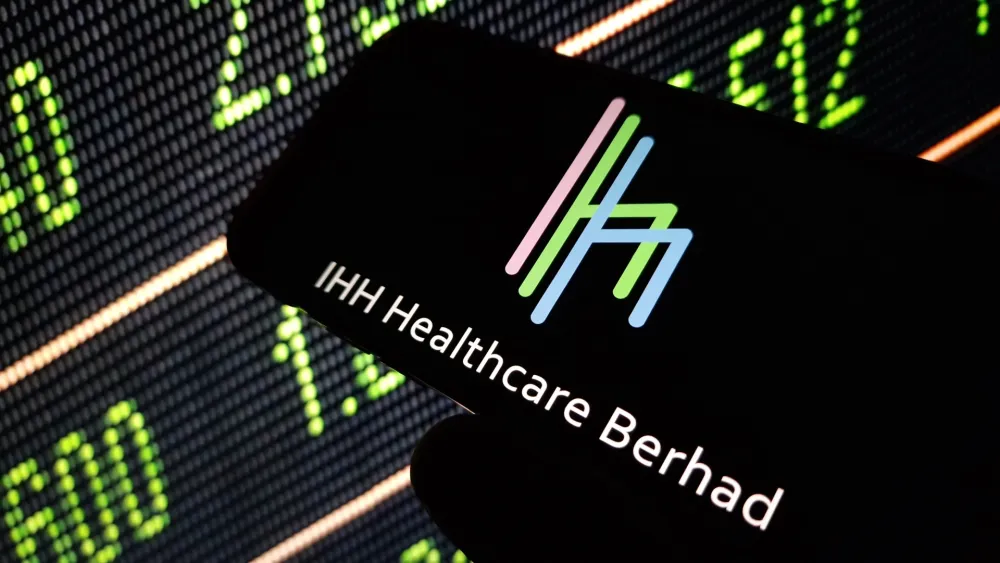
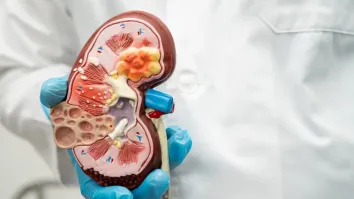
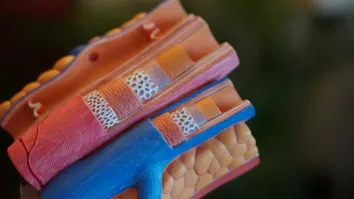

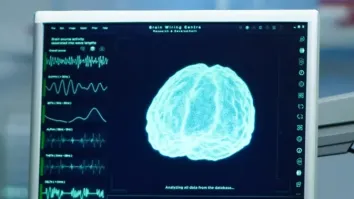













 Advertise
Advertise







